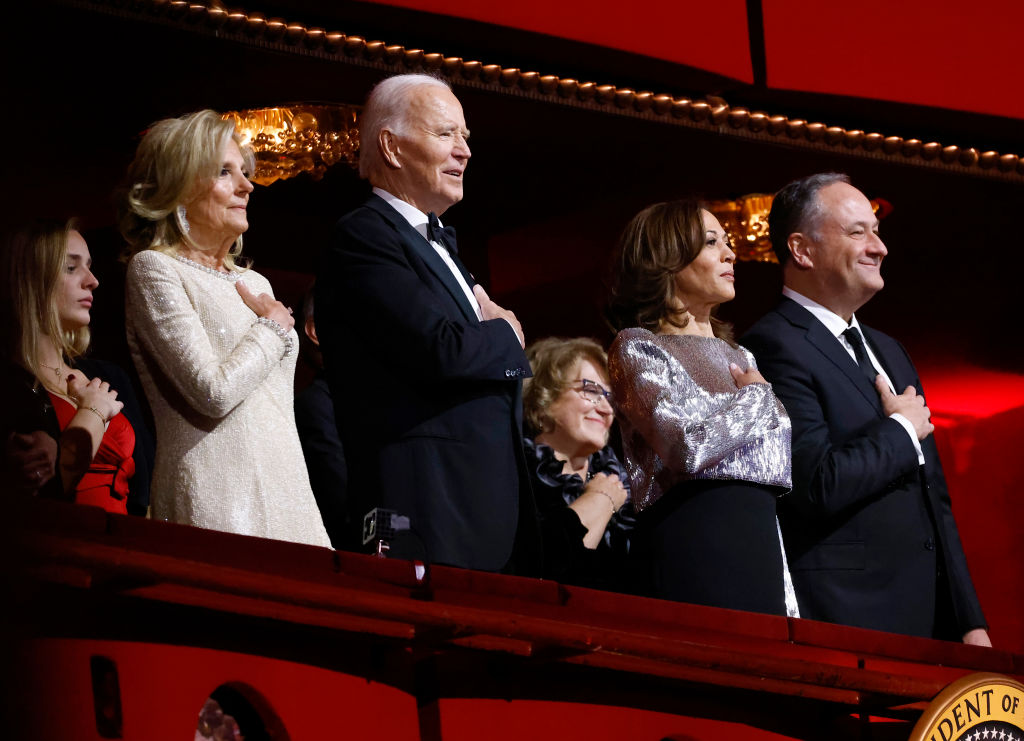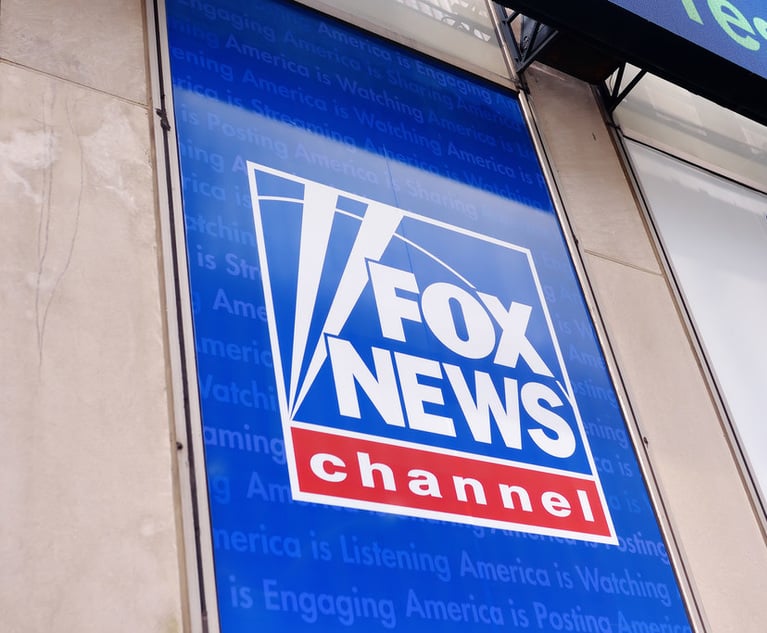Former President Donald Trump enjoyed an impressive comeback victory on Election Day last Tuesday. Virtually all the pollsters had predicted the closest of elections, yet they once again underestimated Trump’s support from the voters.
Trump won the national popular vote, which was a first for him. His was the first Republican win of the popular vote since 2004.
Republican Trump had “coattails.” He helped the Republican Party win several contested congressional races that led to the Republicans taking control of the U.S. Senate, and likely the House of Representatives, which was still up for grabs as of Friday.
Here are several factors that help us understand the dramatic Trump comeback. He returned to the top of American electoral politics despite his two impeachments, 34 felony convictions, 90-plus criminal indictments, and his often bombastic and profane speaking style:
1. Inflation in the economy was the chief concern of most voters, especially working and middle-class Americans. Inflation numbers are coming down, but they have been particularly high in the last two years. And this reality and perception advantages the out of power party.
2. Trump again and again campaigned on the “invasion” of illegal immigrants into the United States. This was his favorite subject, and he has been consistently talking about it for years. In political terms, Trump “owns” this issue, and the Joe Biden-Kamala Harris administration never seemed to understand both the need for leadership on this policy matter and the public anger about the issue. Millions of immigrants were permitted into the United States during Joe Biden’s four years as president. And large numbers of U.S. citizens, in both parties and in all sections of the country, had growing concerns about this.
Trump basked in glory when the Border Patrol union enthusiastically endorsed him. His increased voting support from Hispanics in south Texas, Miami, and even in New York City, suggests many minorities and first- and second-generation Americans understood and supported Trump’s crusade on the immigration issue.
3. Trump’s vice-presidential running mate, J.D. Vance, helped Trump’s winning campaign, as did wealthy entrepreneur Elon Musk and political activist Robert F. Kennedy Jr.
Vance had an awkward first month or two, but in the later stages of the campaign he was a more effective surrogate for Trump than Gov. Walz of Minnesota was for Democratic presidential nominee Harris. Vance raised a lot of money and was a better debater and interviewee than Governor Walz.
Elon Musk went “all in” for Trump, contributing an estimated $100 million to Trump’s reelection efforts. He probably brought along a few millions of his followers from the website X and in the tech world.
Longtime Democrat Robert Kennedy Jr., son of the much-revered former Sen. Robert F. Kennedy and nephew of the much-celebrated former President John F. Kennedy, gave a surprise boost to the Trump campaign by dropping out of the presidential race an endorsing Trump just as the successful Democratic National Convention was concluding.
Both liberals and the media mocked RFK Jr., for his quirkiness and anti-vaccine efforts. Yet he had earned credit and a following with many voters for his earlier environmental campaigns and his investigation work on processed foods and pharmaceutical industry malpractices.
Trump’s embrace of RFK Jr., and his willingness to listen and learn from his one-time rival, probably helped Trump more than most analysts understood.
The Elon Musk and RFK Jr. endorsements of Trump probably were more valuable than the celebrity endorsements of Democratic Party nominee Harris. Her endorsements came from, among others. Oprah, Taylor Swift, and Bruce Springsteen. Jr. The celebrity endorsements of Harris were predictable for a liberal Democratic candidate.
4. Trump was a relentless campaigner. He campaigned as if he was 58 years old, not 78. He often did as many or more events a day than did Harris. He was impressively undaunted by the assassination attempts on his life.
Trump also strategically changed his mind on a variety of issues. Thus, he embraced cryptocurrencies to appeal to the large number of younger investors caught up in this new investment world. He appeared to change his mind about banning the network TikTok as he and his advisers began to learn about the widespread popularity of this form of entertainment, particularly among young people.
Trump appealed to working-class voters. He courted hotel, restaurant and hospitality employees by announcing he would support ending the taxation of tips. Harris soon said that she agreed with Trump, yet he was the one who earned the credit and the votes on this issue.
5. It is now a cliché of the 2024 presidential election campaign that Harris and the Democrats had a big hole to climb out of to win this election. No political party had ever won reelection to the White House with the low approval ratings of incumbent Democratic President Biden. Biden had done many wise things but he was a poor communicator and because of aging challenges should not have even tried to win reelection.
Harris stepped in for Biden, and she accepted his endorsement of her campaign. She ran a surprisingly strong race last summer. Her improvised campaign staff and her political party seemed unified.
But Harris failed to come up with significant and compelling policies of her own that would help her expand her base. Her worst moments were illustrated by her response to an interviewer that she “could not really think of anything she would do differently than Joe Biden.”
This was devastating for a candidate who claimed she was going to “turn the page” and argued she was going to be the representative of a new generation.
6. One of Trump’s effective talking points was that he would keep the United States out of war. Biden may have had nothing to do with either the war in Ukraine or the Israel-Hamas war, but both conflicts became financially and politically costly to the United States. And Biden looked weak in his efforts to end the two conflicts. The war in Gaza lost votes for the Democrats., especially among ardent pro-Palestinian groups.
One young voter told an exit interviewer, after voting last Tuesday, that he voted for Trump because “Trump will keep us out of future wars.” Doubtless that sentiment was widespread. Trump’s isolationism and populist nationalism and pro-defense spending appealed to many.
7. Trump also won votes because he proudly portrayed himself as a rogue outsider who was anti-media, anti-political correctness, anti-U.S. government bureaucracy, and anti-elitism. Trump followed a strategy of dismissing his critics as incompetent, and it generally worked. He surprisingly convinced his supporters that the Jan. 6, 2021, insurrection that he called for at the U.S. Capitol was not of importance.
Trump proudly saluted “strong men” elsewhere in the world and implied that the United States needed a strong and perhaps semi-autocratic leader in this world of terrorists and unfair economic competition.
Trump advocated bringing back the American Dream. His “Make America Great Again,” (and strong again, and powerful again,) seemed to appeal to more voters than Harris’ appeals for reproductive rights for women and Green New Deal policies.
Finally, and this is hard to talk about, Harris undoubtedly was hurt by sexism and racism some American voters may still have. She is a woman, a person of color, a first generation American, and in an interracial marriage with a husband who is Jewish. Hard to tell how much a factor it was in this election.
Pollsters will seldom ask and discern these prejudices, and few if any voters willingly admit such prejudices exist. But we believe they do exist. They may be one of several reasons why Harris did less well against Trump in 2024 than Biden did in 2020 almost everywhere across the country.
In addition, Harris had campaigned as a leftist Democrat in 2019 and 2020 when she was first running for president. She was a political product of the San Francisco Bay area in California, a left-leaning part of the country. She moderated her views in recent years, especially in this race, but she was not able to escape many of the past “ultra-liberal” labels attached to her. A prime example was that she used to be against fracking and now was welcoming of fracking. And in Pennsylvania this mattered.
This was a memorable election. Trump enjoyed a greater comeback, in terms of votes, than did Grover Cleveland in 1892, when he was the first previously defeated incumbent president to win reelection to the White House. And Trump did much better (in terms of votes and percentages) than did Richard Nixon in 1968, who also staged a political comeback, having been defeated for president by John F. Kennedy in 1960.
Trump has promised many changes, and he has described his campaign as a “revenge campaign.” The country is divided, and the future is full of uncertainty. All of us knew there was at least a 50% probability that Trump would be elected in 2024. But the sweep of his election was a surprise. Wall Street and the crypto world have celebrated his victory yet it will take a while for many Americans, especially those who voted for Harris and worried about democracy, to process this stunning comeback.













